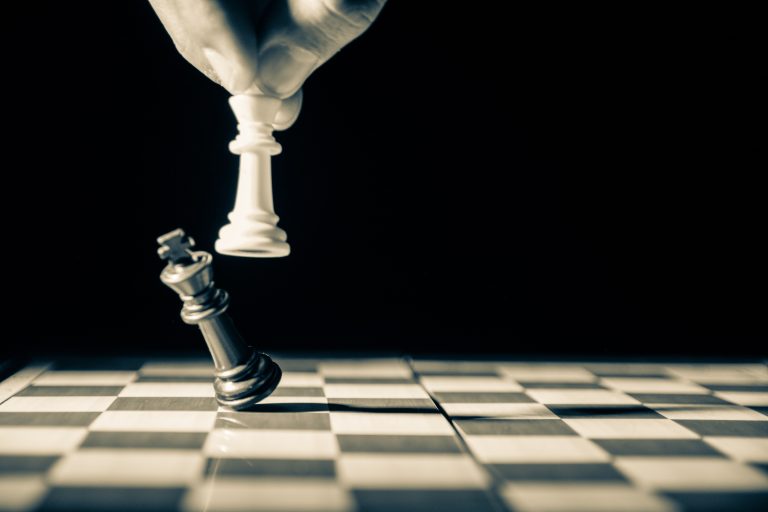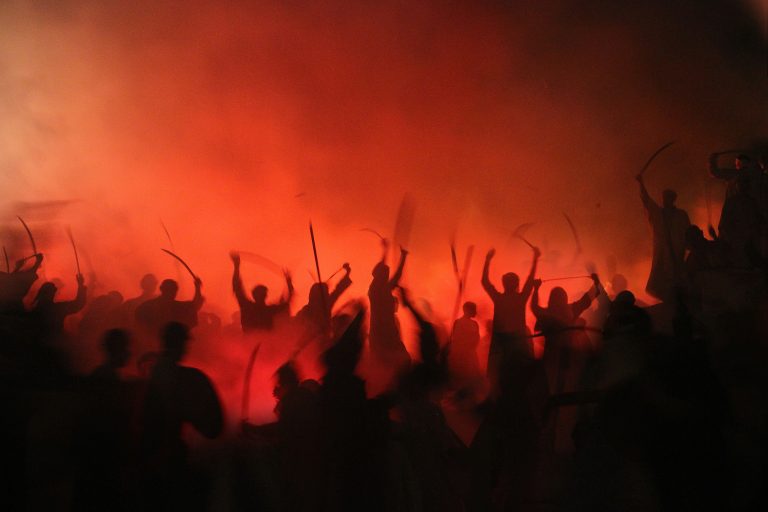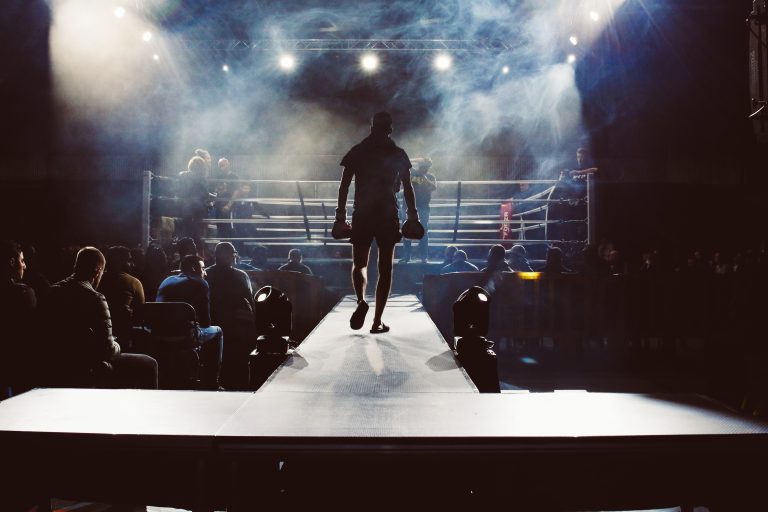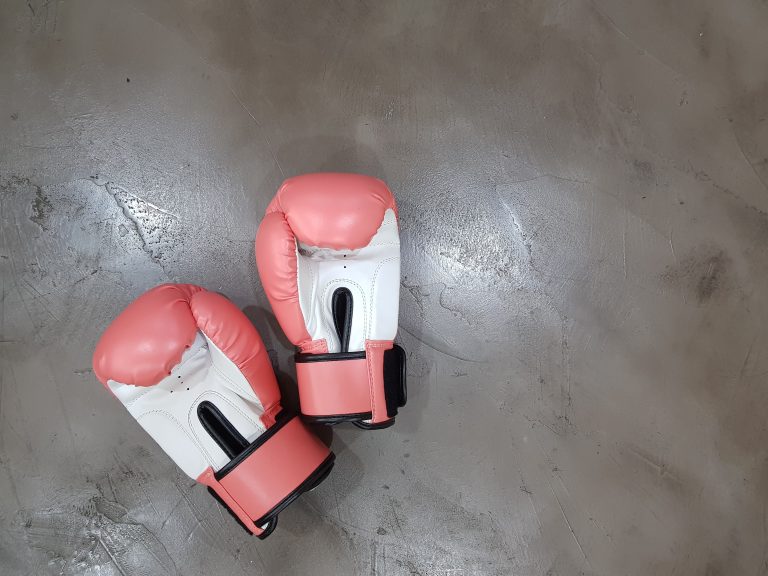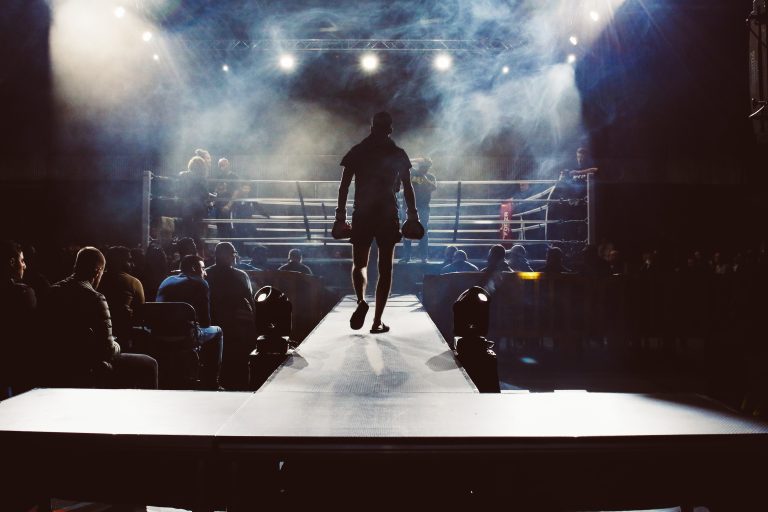Karate Kid 2010 Chinese Quotes: Understanding the Meaning Behind the Iconic Sayings
The Karate Kid movie franchise has been well-known for its inspirational quotes, and the 2010 remake starring Jaden Smith and Jackie Chan is no exception. The movie, set in China, features several Chinese quotes and proverbs that have captured the hearts of audiences worldwide.
In this blog post, we’ll delve into the meaning behind some of the most iconic Karate Kid 2010 Chinese quotes, providing you with some insights that can help you overcome life’s obstacles.
“Your Focus Needs More Focus.”
This quote is perhaps one of the most memorable lines from the movie. It is said by the character Mr. Han, played by Jackie Chan, as he tries to teach Dre (Jaden Smith) about the importance of focus.
The quote may sound a bit redundant, but it has a deeper meaning. The phrase „Your focus needs more focus“ is meant to emphasize that the key to mastering any skill, including martial arts, is complete concentration. It’s not just about putting in the time but also about putting in the effort to be completely present in the moment.
This quote could easily be applied to everyday life. Often, we’re so busy multitasking that we’re not fully present in any one task. Taking the time to focus solely on one thing can lead to better results and a more fulfilled life.
“Jacket On, Jacket Off.”
This is another memorable quote from the movie, and it’s a lesson that Mr. Han teaches Dre. The phrase, „Jacket on, jacket off,“ refers to the motion of putting on and taking off a jacket. Mr. Han uses this lesson to teach Dre about the importance of proper technique in martial arts.
The basic concept here is that repetitive motion and strict, disciplined movement will eventually lead to success. Just as putting on and taking off a jacket can become second nature with repetition, practicing the right techniques can help Dre become a successful martial artist.
“Life Will Knock Us Down, but We Can Choose Whether or Not To Stand Back Up.”
This is a more philosophical quote from the movie, and it has a profound meaning. During a pivotal moment in the movie, Mr. Han tells Dre that life will constantly knock us down. However, we have the choice whether to stand back up or stay down.
The quote emphasizes the importance of resilience and inner strength. It’s a reminder that despite the challenges we face, we have the power to choose how we respond to them. When we’re knocked down, we can choose to wallow in self-pity or rise up and keep moving forward.
“A Kung Fu Master Can Punch Through Bricks, but a Kung Fu Master Can Also Break the Rock with an Egg.”
This is another quote that may sound a bit confusing at first glance. However, it’s a reminder that true mastery of martial arts is not just about extreme strength and power. It’s about mastering the art of control.
A master of martial arts does not need to exert their power in every situation. They have the skill to control their strength and use it only when necessary. This concept can be applied to many aspects of life. Sometimes, it’s better to use restraint and not exert all our power at once.
“Being Still and Doing Nothing Are Two Very Different Things.”
This quote is spoken by Mr. Han when he takes Dre to see the Koi fish in the pond. The quote is a reminder that it’s important to take moments of stillness in our lives.
However, the quote also emphasizes that doing nothing and being still are not the same things. Being still requires a sense of intention and focus. It’s not just about zoning out and letting the world pass us by.
This quote is a reminder that we need to take moments of stillness in our lives, but when we do so, we should do it with intention.
The Most Frequently Asked Questions About Karate Kid 2010 Chinese Quotes
Whether you are someone who is learning Mandarin or just a fan of martial arts movies, chances are you have heard about the Karate Kid. The popular movie franchise has produced several installments over the years, including a remake that was released in 2010. One of the most distinctive aspects of the latest version of the movie is the use of Chinese quotes as part of the dialogues. Here are some of the most commonly asked questions about Karate Kid 2010 Chinese quotes:
1. What is the significance of Chinese quotes in the movie?
One of the main themes of the Karate Kid 2010 is the idea of balance and harmony. To emphasize this, the filmmakers incorporated various Chinese quotes in the dialogues. The quotes were chosen because they reflect the philosophy behind martial arts, particularly the concepts of yin and yang, which symbolize opposing yet complementary forces that ultimately work together to create harmony.
2. What are some examples of Chinese quotes used in the movie?
Some of the most memorable Chinese quotes featured in the movie include:
– „Wǒmen dōu yǒu yīgè shòudù, wǒmen yīzhí yīshēng.“ (We all have one thing in common, we all need a teacher.)
– „Bùrú jùqiǎo zhōng de xiànshí, nǐ bùnén liúxià yī bù.“ (Unlike a tree branch, you cannot grow another leg.)
– „Qíjiāng zhèngjiān, qízhī yǒuhé.“ (When the wind comes, one bows low and survives.)
3. Do I need to understand Chinese to appreciate the movie?
While understanding Chinese can enhance your appreciation of the movie, it is not necessary to enjoy it. The filmmakers made sure to include subtitles and translations for non-Chinese speaking audiences. Moreover, the quotes are integrated seamlessly into the dialogues, so even if you don’t understand the language, you can still appreciate the message being conveyed.
4. Are the Chinese quotes accurate?
Yes, the Chinese quotes used in the movie are accurate. The filmmakers consulted with Chinese language experts and native speakers to ensure the authenticity of the dialogues. Furthermore, the actors who spoke the lines were trained to pronounce them correctly.
5. Can I use the Chinese quotes in my own martial arts training?
Absolutely! In fact, many of the Chinese quotes featured in the Karate Kid 2010 are common sayings in martial arts circles. The quotes can serve as a source of inspiration and guidance as you train and develop your skills. Just make sure you understand the context and meaning behind each quote before you incorporate them into your training.
In conclusion, the use of Chinese quotes in the Karate Kid 2010 movie adds a unique and meaningful dimension to the story. Whether you are a martial arts enthusiast or just appreciate good cinema, the quotes can inspire, motivate, and enlighten you. Hopefully, this blog post has answered some of the most frequently asked questions about the Chinese quotes in the movie and has given you a greater appreciation for their significance.
How to Understand and Use Karate Kid 2010 Chinese Quotes
If you are a fan of the Karate Kid movies, you may have noticed that the 2010 version contains a lot of Chinese quotes. These quotes are an integral part of the movie, as they convey the philosophical ideas behind martial arts. But if you don’t speak Chinese or understand the culture, you might miss the nuances and deeper layers of meaning in these quotes.
In this article, we will provide you with a step-by-step guide on how to understand and use Karate Kid 2010 Chinese quotes. We will also explore the cultural background and philosophical ideas behind these quotes, so you can appreciate them in their full context.
Step 1: Learn the Chinese Characters
The first step to understanding Karate Kid 2010 Chinese quotes is to learn the Chinese characters. Many of the quotes are written in traditional Chinese characters, which can be challenging if you are not familiar with them.
Here are some of the most common Karate Kid 2010 Chinese quotes and their corresponding Chinese characters:
–
„好的开始是成功的一半“
Translation: A good beginning is half the battle won.
Chinese characters: 好的開始是成功的一半。
–
„功夫不是用来打架的“
Translation: Kung Fu is not about fighting, it’s about being the best version of yourself.
Chinese characters: 功夫不是用來打架的,它是關於成為最好的自己。
–
„一分耕耘,一分收穫“
Translation: You reap what you sow.
Chinese characters: 一分耕耘,一分收穫。
By learning the Chinese characters, you can better recognize and appreciate the quotes when you see them in the movie or elsewhere.
Step 2: Understand the Cultural Context
To truly understand Karate Kid 2010 Chinese quotes, you must also understand the cultural context behind them. Many of these quotes are rooted in Chinese philosophy and martial arts tradition.
For example, the quote „一分耕耘,一分收穫“ (You reap what you sow) is rooted in the Chinese philosophy of Taoism, which emphasizes the importance of living in harmony with the natural world and reaping the rewards of hard work and patience. Similarly, the quote „好的开始是成功的一半“ (A good beginning is half the battle won) reflects the Chinese emphasis on the value of preparation and strategy.
By understanding the cultural context, you can better appreciate the deeper meaning and significance of these quotes.
Step 3: Apply the Quotes in Your Own Life
Finally, you can use Karate Kid 2010 Chinese quotes in your own life to gain inspiration and guidance. These quotes are not just words on a screen or in a movie – they represent timeless wisdom that can be applied to many aspects of life.
For example, you might use the quote „好的开始是成功的一半“ to motivate yourself to prepare and plan for a project or task. Or you might use the quote „一分耕耘,一分收穫“ as a reminder to keep working hard and be patient as you pursue your goals.
Ultimately, the value of Karate Kid 2010 Chinese quotes lies in their ability to inspire and guide us on our own paths. With the right mindset and attitude, we can unlock their true power and wisdom.
Conclusion
Karate Kid 2010 Chinese quotes are more than just words on a screen – they represent a rich cultural heritage of wisdom and inspiration. By learning the Chinese characters, understanding the cultural context, and applying these quotes in your own life, you can unlock their true power and meaning. So why not start exploring them today?
Inhaltsverzeichnis

